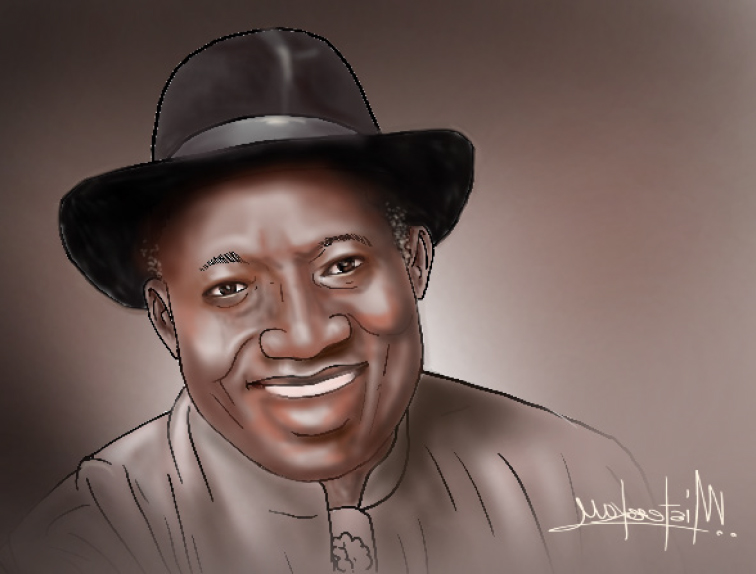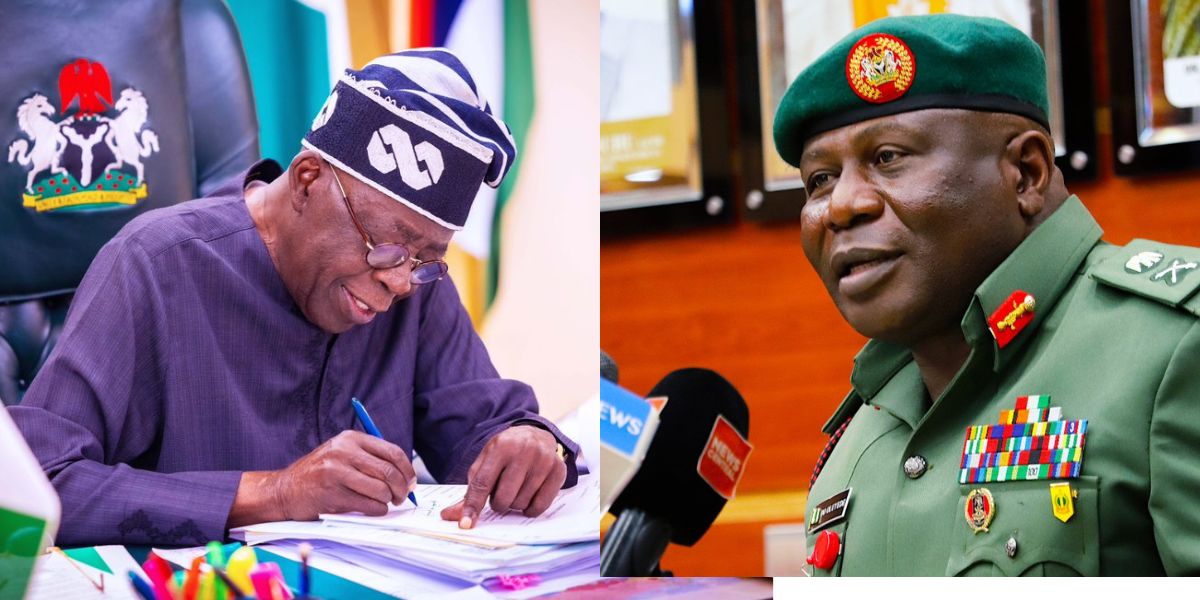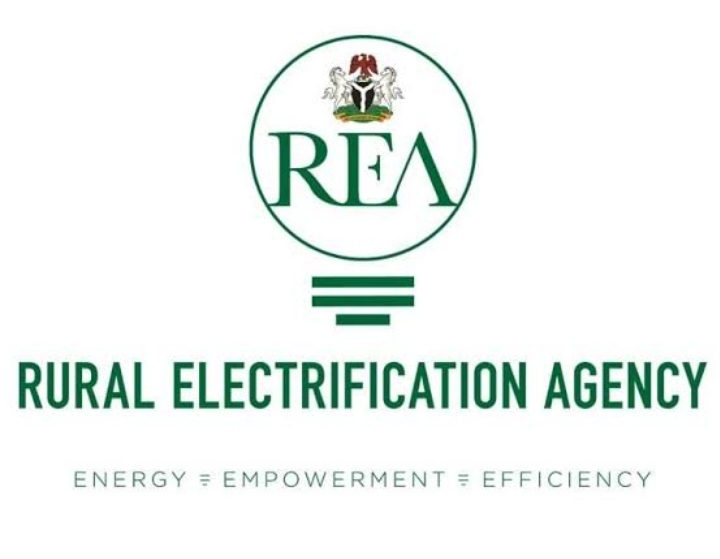Nigerians may not see drastic downward trend in the price of Liquefied Petroleum Gas (LPG) also known as cooking gas even as ban on gas export was slated to commence on November 1, 2024.
Nigeria imposed a ban on the exports of its LPG on November 1 to stabilise prices and increase the availability of the essential household product.
The Minister of State for Petroleum Resources (Gas) Ekperikpe Ekpo, had said the Nigerian National Petroleum Company Limited (NNPCL) and domestic LPG producers “must halt exports of LPG produced in-country or import equivalent volumes at cost-reflective prices” from November 1.
“In addition, the Nigeria Midstream and Downstream Petroleum Regulatory Authority (NMDPRA) will ‘within 90 days” lead the creation of an LPG pricing framework that is based on the cost of local production rather than external market indices like those from the Americas or Asia,” Ekpo said.
When LEADERSHIP Weekend attempted to confirm if the ban on cooking gas export had officially commenced, different organs and officials of the federal government shunned the subject.
The spokesman of the gas minister, Mr. Loui Iba, was contacted via WhatsApp and he responded thus, “If you want to get an unbiased or dispassionate response on that, I will suggest that you ask the NMDPRA – the regulator.”
Also, messages sent to spokespersons of the Nigerian National Petroleum Company Limited (NNPCL), Femi Soneye and George Ene-Ita of NMDPRA were not responded to.
However, as at the time of filing this report on Friday, he’s yet to get back to our correspondent
But in a reaction to the implementation of the ban, the executive secretary of Nigerian Liquefied and Compressed Gases Association of Nigeria, Lanre Bayewu, said expectations of Nigerians for exponential decrease in LPG prices may not happen because of several factors that are already crippling the economy.
Bayewu, first informed that gas prices are dollar denominated and weak local currency will continue to jeopardize price stability efforts.
He likened the situation to what obtains in the pricing of petrol which people had thought that with operations of Dangote Refinery price of the product will crash.
According to him, market fundamentals are very important considerations and the rising inflation rate in the country is a potential issue that will create pricing problems for LPG consumers.
He also said potential investors in the gas space as well as producers are paying some aspects of licence renewal in foreign currency which they build into cost of production and passed into unit cost of the product for consumers.
Bayewu, however said with export ban, there is likely going to see a major boost in supply chain and simple economics shows that with sustainable growth in supply the market will see marginal decrease in price of LPG, but not as consumers assumed.
He equally pointed out that cost of production and overall business environment in Nigeria is on the high side especially energy cost all of which would reflect and built on price of LPG.
“Also consider inadequate infrastructure which is key to gas production for reassuring feedstock supply from gas producers and blending facilities as well transportation infrastructure” all of which can lead to higher prices for LPG, he said.
On the other hand he said the cost is discouraging people from keying into the LPG space despite its potential for lower greenhouse emissions and healthy environment.
Nigeria’s LPG market continues to expand but growth has “plateaued a bit within the past two years, specifically this year”, largely owing to rising prices, The LPG costs rose by 80 per cent over January-September and retail prices for 12.5kg cylinders of LPG for cooking increased by 39 per cent over January-September, while prices in September were 76 per cent higher than a year earlier, according to National Bureau of Statistics (NBS).
The federal government in a bold step to reduce prices down exempted LPG from value-added tax earlier in the year but Ekpo says “previous efforts” have failed to address “price increases and the hardship they bring to Nigerians”.
The country will also develop facilities to “blend, store, and deliver LPG domestically within 12 months”, according to Ekpo.
These blending facilities are targeted at NNPC and Chevron’s joint venture, which produces an LPG mix that is unsuitable for the domestic market and is exported from the Escravos floating, storage and offloading facility in Niger Delta.
Blending the Escravos LPG mix to make it suitable for cooking use has been successfully trialled but the political will to enforce it has until now been lacking, according to an industry source.
The NNPC has exported six cargoes of the Escravos LPG mix this year, with cargo sizes averaging 24,000 tons and exports from Escavros stand at 181,000 tons in January-October.
Nigeria also exports propane from NNPC and ExxonMobil’s Bonny River terminal, but all four butane cargoes from the terminal, averaging 8,000 tons apiece, have been delivered domestically.
Propane is exported from NLNG’s Bonny Island terminal, standing at about 134,000 tons in January-October, with all butane sold domestically. “All LPG exports will cease until the [domestic] market achieves stability and sufficiency,” Ekpo says.
Bayewu, however said the Nigerian Liquefied Natural Gas (NLNG) has complied since 2007 to boost LPG market but other companies are still trying to put their supplies into the domestic market.
The NLNG, at a recent summit in Lagos, revealed that it supplied a total of 3 million metric tons of LPG into the domestic market between 2007 when it set up the Domestic LPG Scheme (DLPG) and 2024.

 4 hours ago
9
4 hours ago
9













